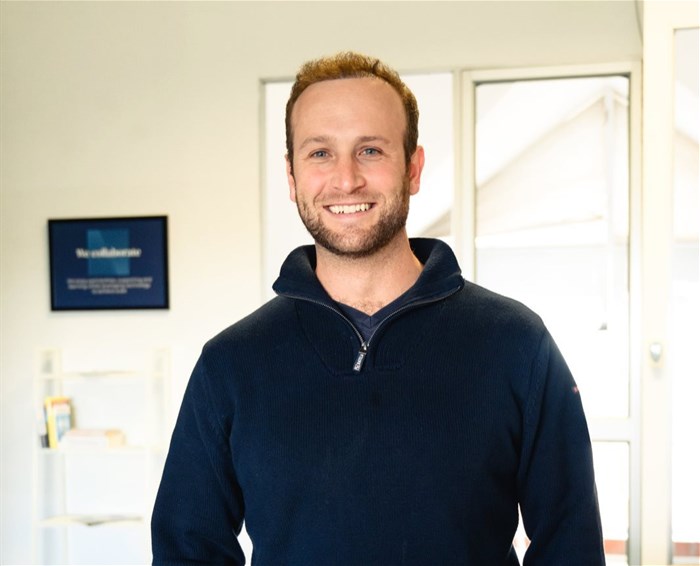
Finch Technologies co-founder Christopher Ball | image supplied
What makes an app ‘super’?
With more than 50% of the population predicted to use super-apps by 2027, it’s time to take notice of the mobile trend set to dominate the continent. Super-apps essentially provide an ecosystem of apps under one roof. A predominance of super-apps have one common thread - they were built off a core service offering e.g Grab in Singapore, and WeChat in China.
A crucial difference between a regular app and a super-app is the management of data and the monetisation of the services. The moment an app crosses over to super-app environment, ubiquitous services become the norm, and the enterprises who “own” these platforms are able to use the data available to them to decide what the best additional services should be and how can they be monetised e.g. e-commerce on WeChat.
So how are South Africans going to use the latest super-apps? Are consumers going to order KFC from the same place they book their doctor appointments? Some role players are banking on it. Let’s have a look at some of these companies:
Rise of super-apps in Africa
Following in the footsteps of international trailblazers, super-apps in Africa are gaining momentum. Enterprises are seeing the benefit of building products set to compete with their foreign counterparts. The increasing popularity has been initiated by a new group of young internet users. At the end of last year, African internet users were sitting around 565 million, which is six times more than in 2010.
Additionally, 70% of those internet users were accessing the web via their mobile devices. Large enterprises are applying this catch-them-young strategy when ideating and creating super- apps, this is because the average age of an internet user in Africa ranges from 18 – 30 years old, which is much younger than the global average.
If we focus the lens on South Africa specifically, Avo was one of the very first super-apps launched in the country and is powered by Nedbank. The app launched in the throngs of Covid, and although they had no plans of launching a platform while the country went through a lockdown it was the key catalyst for its growth. Avo gave its users access to e-commerce and food-delivery services, and because of this “perfect” timing, it was able to scale pretty rapidly during this period.
Another South African competitor is MoyaApp, which was built off the back of free chat, and currently has over 6.5 million users. Targeting users who are looking for data-free access, it’s a no-brainer for the South African market. With one of the largest engaged audiences in South Africa, Moya is in the process of layering financial service offerings into the app.
A changemaker in the communications sector, Vodacom launched VodaPay, which was built on the AliPay architecture, and hit the market in October 2021. Since its initial launch, Vodapay focused on building out its services and optimised the app for the end-user, and in early 2022 they came out of stealth mode. VodaPay’s superapp is more typical of its competitors around the world, with a huge focus on the store of value, financial services, and retail.
Super-app blockers in Africa
Although Africa holds the greatest potential globally, with huge strides being made in mobile network infrastructure and a steady mobile penetration growth, the detractors are still slowing done this progress. A sluggish economy with poor employment rates, expensive data and a geographically disbursed population is not a recipe to gain rapid super-app success. Super-app builders in Africa are also going to have to overcome obstacles around available memory on low-cost smartphones.
Another huge issue for African super-apps is scale. Although these companies have a huge influence in their regions, they lack the ability to scale beyond their countries. The main reason is that African countries are unable to develop harmonised policies, currently, each country’s policies only serve themselves. If Africa wants to compete with the likes of WeChat, they need to grow a significant data pool, as very few African countries have a population of more than 100 million. This vast data provides the insights needed to propel a super-app’s success, and it will only happen when super-apps are able to grow beyond their country’s borders.
If we look to the future of super-apps in Africa, VodaPay will continue to have the benefit of a massive distribution platform and will most likely see the development of other services within their app. Moya with their chat-led platform will continue to cater to a data-free end-user and will focus on building out their financial services. Capitec and Flash, who have yet to enter this realm, are definitely enterprises to keep an eye on. Both are well-positioned with an impressive array of products and systems that they could leverage to roll out their own super-app ecosystem.
























